The Policies Kushner Should Push For
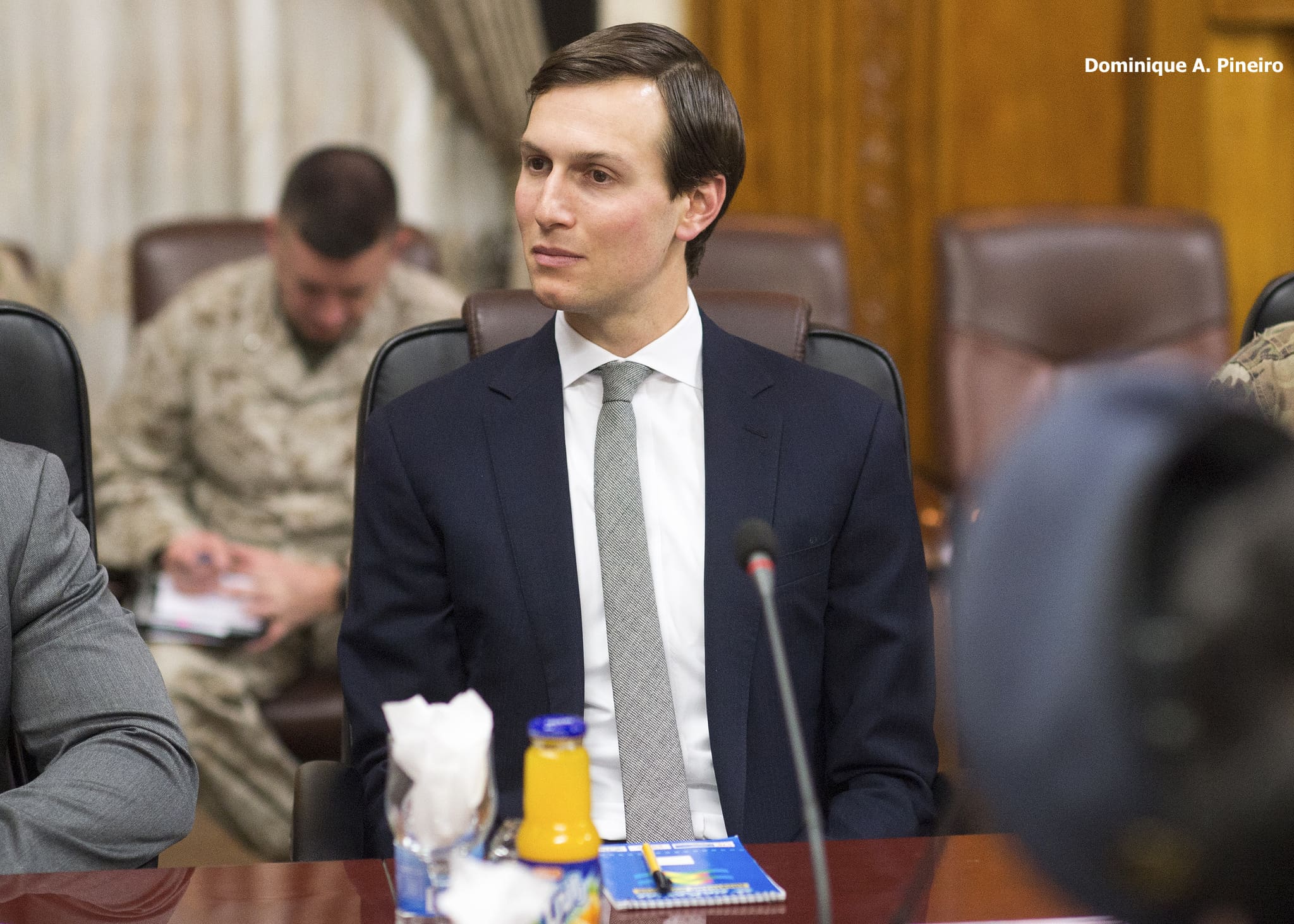
Senior Advisor to President Trump Jared Kushner’s latest attempt to restart the Israeli-Palestinian “peace process” will focus on “economic development” projects. Yet, as Al-Shabaka Analyst Zaha Hassan writes, such initiatives are not a substitute for real political change.
One Hundred Years and Counting: Britain, Balfour, and the Cultural Repression of Palestinians
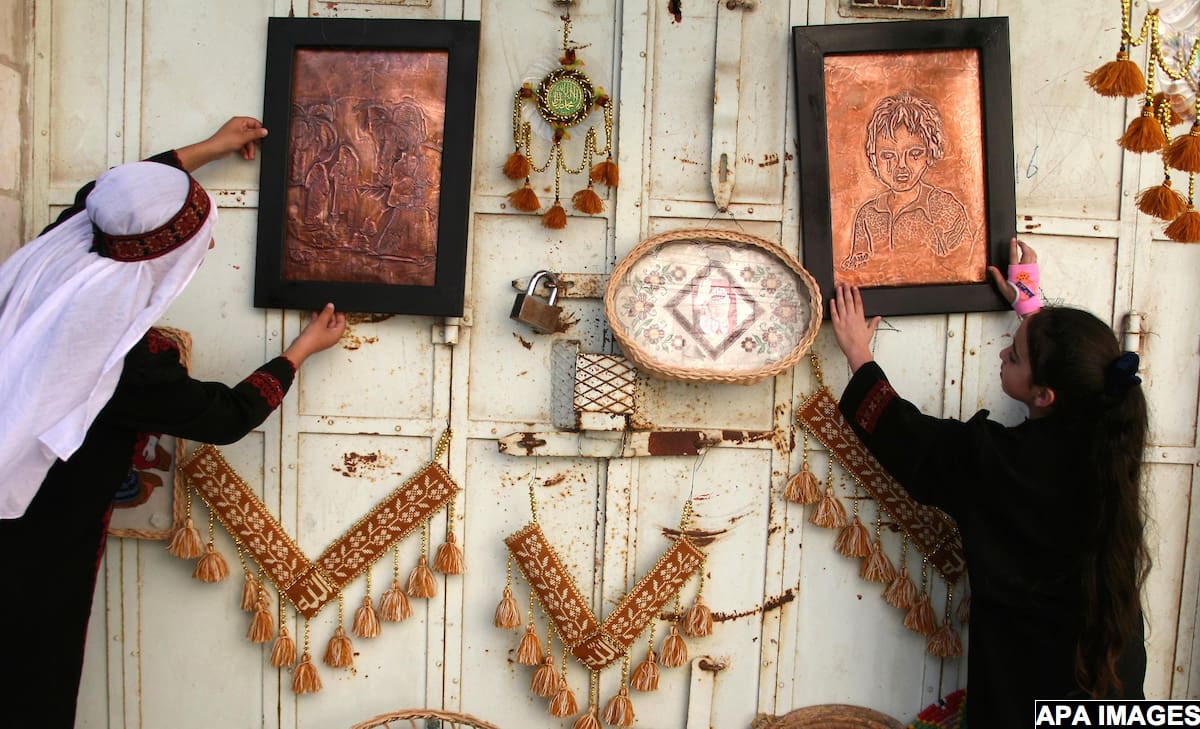
The government and corporations of the United Kingdom have recently intensified efforts to censor Palestinian creative expression. Al-Shabaka Policy Member Aimee Shalan traces the roots of these attacks on Palestinian history and culture to the 1917 Balfour Declaration and offers recommendations for how civil society can bring the UK to change its approach.
The US Elections, Attacks on Activists, and a Changing Discourse
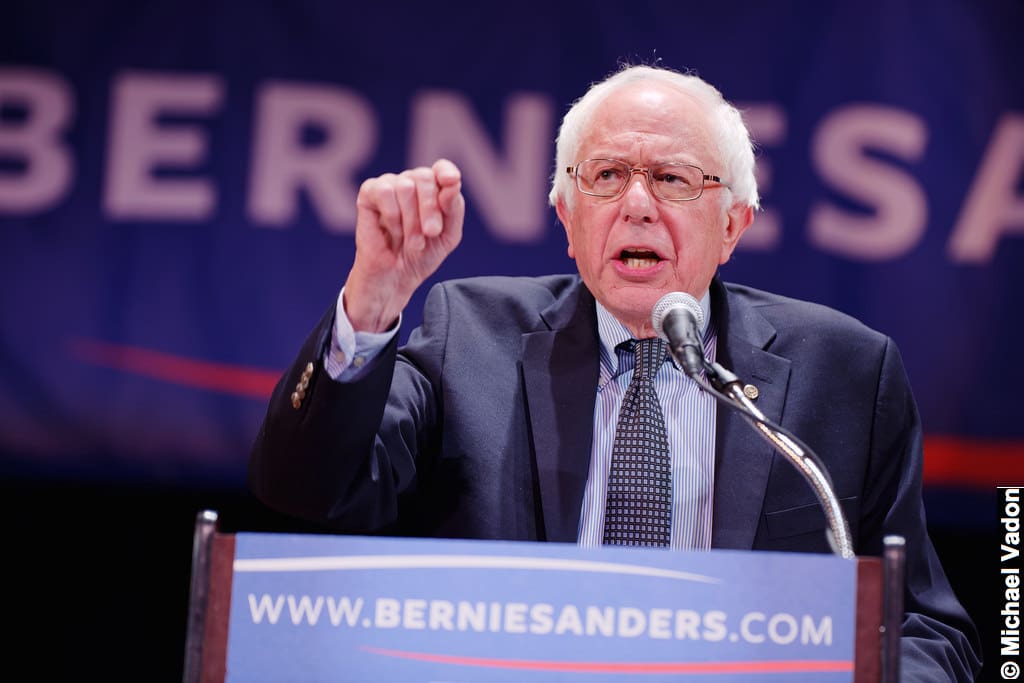
The ongoing shift in discourse in the United States has as yet had little effect on politics and none on policy, argues Al-Shabaka Policy Advisor Rashid Khalidi. He discusses Israel’s attempts to close the floodgates of debate and activism that boycott, divestment and sanctions (BDS) tactics have forced open, as well as the dangerous Israel-Gulf alliance.
Pope Francis, American Churches, and Palestinian Rights
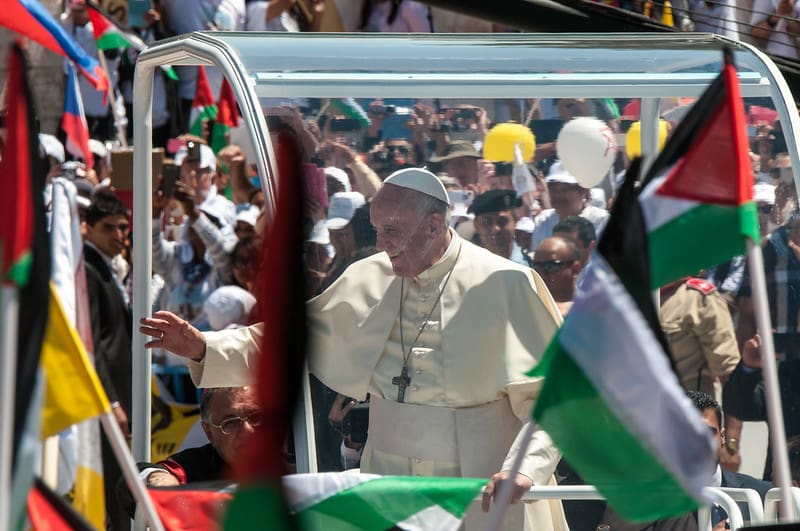
Pope Francis has attracted attention for his support of causes the establishment ignores, including the rights of the Palestinian people. And yet the US Catholic Church lags behind other American churches. Al-Shabaka’s Grace Said and 24445 take advantage of the Pope’s US trip to challenge his church to go further.
EU Alarmed by Israel, Frustrated by Palestine
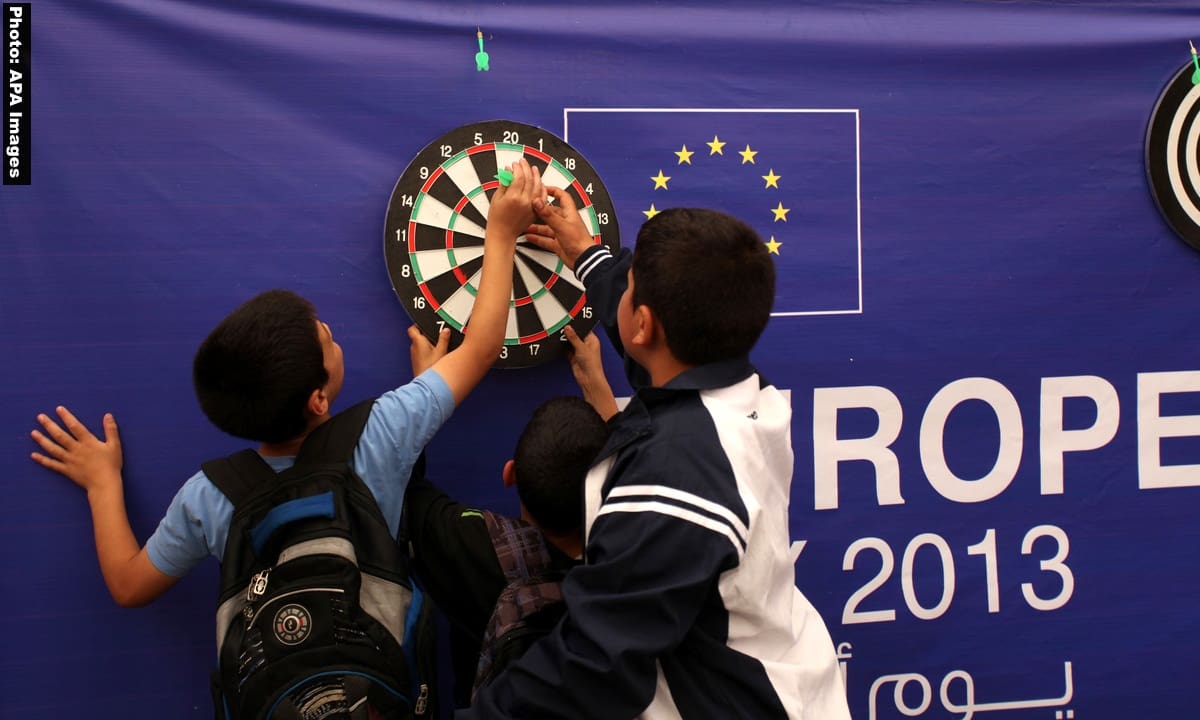
European Union actions to put a cost to Israel’s occupation are modest, but they are putting the EU on an unstoppable collision course with Israel, writes Al-Shabaka Executive Director Nadia Hijab. But will Palestine put its house in order in a coherent strategy to fulfill Palestinian rights to freedom and justice?
Donor Complicity in Israel’s Violations of Palestinian Rights
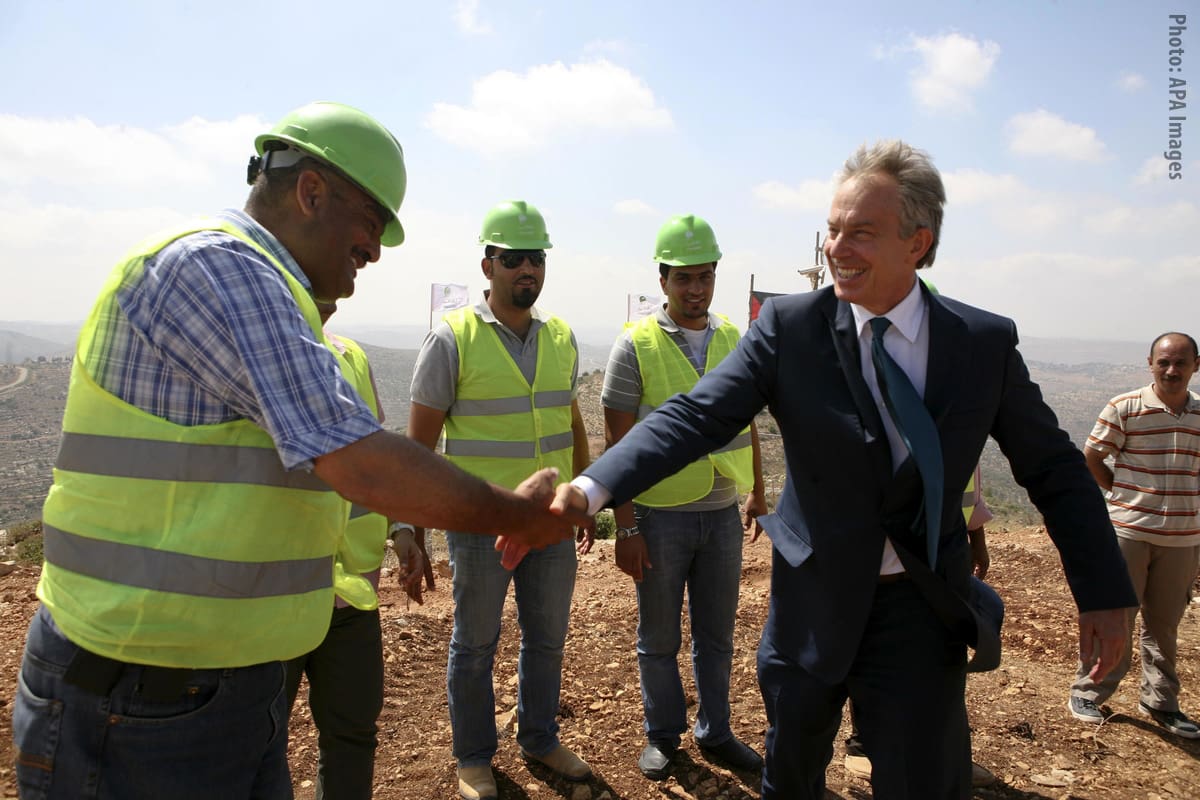
International aid must not, legally, cause harm to those it aims to assist, but as Al-Shabaka policy member Nora Lester Murad points out, a number of donor practices may be leading to the violation of human rights. Murad outlines eight questions that must be asked about aid complicity and suggests important mechanisms for oversight of an industry that has just pledged another $5.4 billion for Gaza.
Beyond Sterile Negotiations: Looking for a Leadership with a Strategy
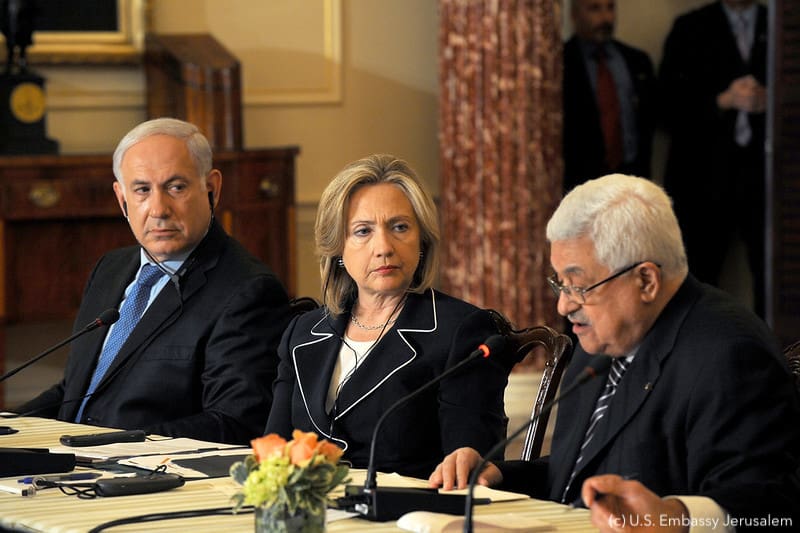
Given the abject failure of the Palestine Liberation Organization to secure Palestinian rights since it was established, and especially since it adopted an exclusive peace process track, Al-Shabaka Policy Advisor Noura Erakat argues that it is past time to explore how a national liberation strategy can be elaborated — and who can lead it. She discusses the transnational Palestinian networks that are being formed as well as the Boycott National Committee. The former have aspirations to build political programs and authoritative leadership but are still in their early stages, while the latter has become a leading body but has deliberately opted against a political program and leadership. She explores the South Africa model, and argues for a dual approach of working for rights while at the same time actively seeking answers to the pressing need for a unified political program and leadership.
Keeping an Eye on UNRWA
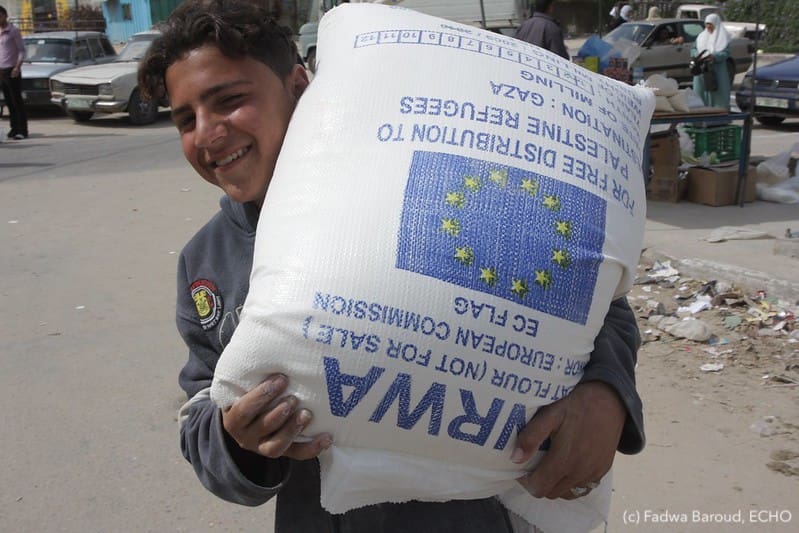
Israel recently launched a spate of attacks on UNRWA, the UN Agency serving Palestinian refugees, which could herald another attempt to shut the Agency down. Is UNRWA perpetuating Palestine’s conflict with Israel, as its Israeli critics allege, or does it provide essential relief and work for millions of Palestinian refugees who were displaced from their homes in 1948? Does UNRWA act as a catalyst to absorb the refugees in the Arab world and to contain their political struggle as its Palestinian critics allege, or does it keep their cause alive and visible on the international scene as its Israeli and Western critics allege? In this policy brief, Al-Shabaka Policy Advisor Randa Farah responds to UNRWA’s critics, while also casting a critical eye at the Agency. In doing so, she reminds us of the different reasons why the Agency was founded in the first place.
A State of Palestine: The Case for UN Recognition and Membership
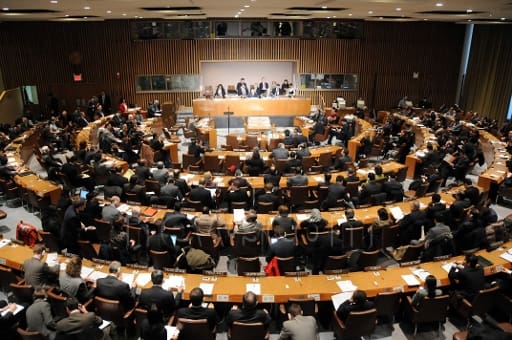
In this policy brief, Al-Shabaka Policy Advisor Victor Kattan examines the Palestinian Authority’s strategy to achieve UN recognition and membership in September. He argues that if the initiative is successful, a State of Palestine would be a strategic asset to the Palestinian struggle for self-determination.








